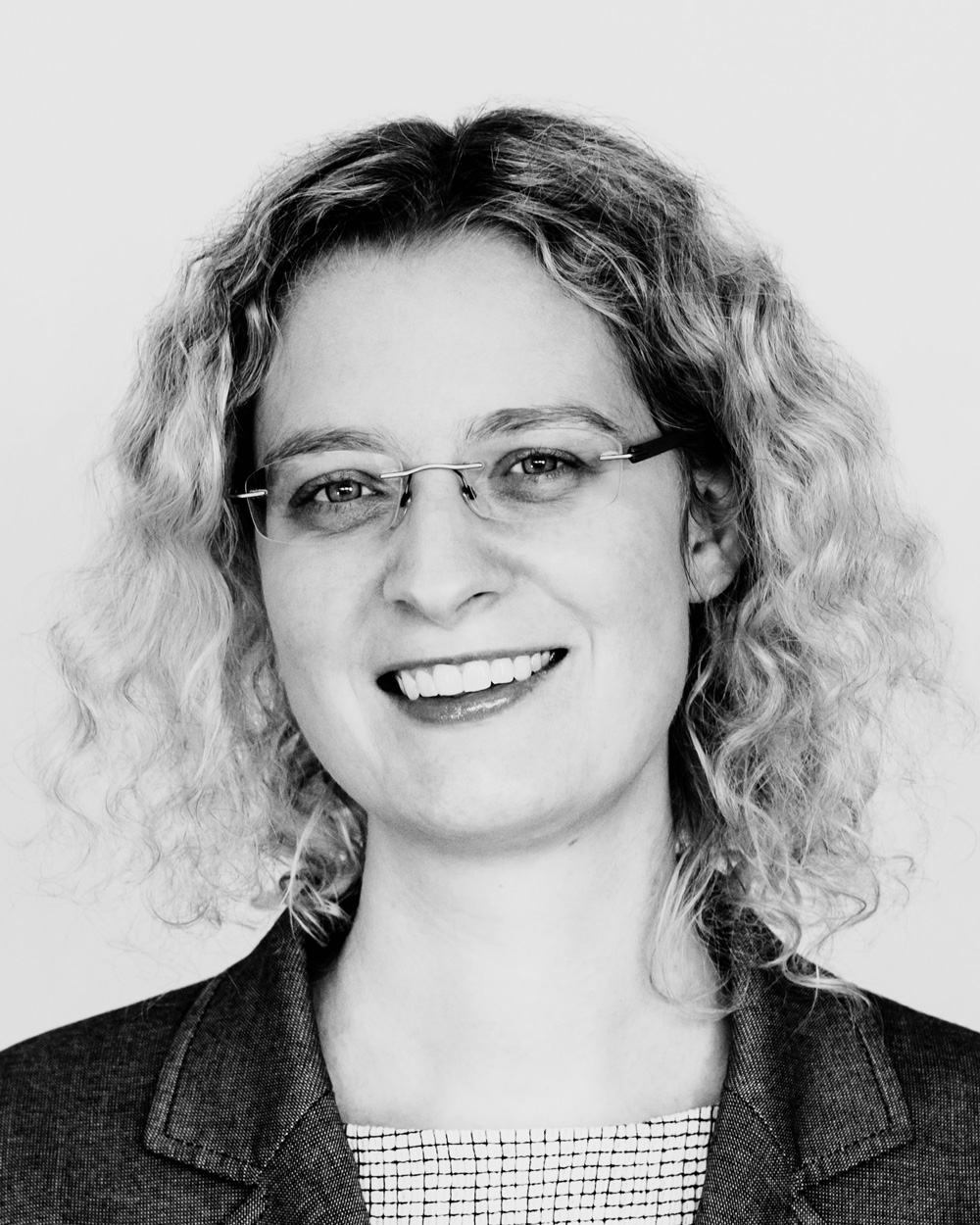
Dr. Anna Mattfeldt
My name is Anna Mattfeldt. I took up my current position as Lecturer (focus area German Linguistics, with German as a Second Language as a supplementary area) at the University of Bremen in 2020. Linguistic forms and their functions in context are at the center of my research interests. My research is situated mainly within the field of linguistic discourse analysis – here I am especially interested in comparative linguistic studies – and internet linguistics.
Contradiction plays a particularly important role in my research on discourse linguistics. Turning to the paradigm of agonality, I am interested in how contradictions are constituted with linguistic means on textual and conversational surfaces, which actors manage to establish dominant positions in discourses, and how dissent and consensus are shaped linguistically. I also take into consideration multimodal means that contribute to the constitution of contradictions here. In the field of internet linguistics, these questions are also relevant, both with regard to controversial positioning and in relation to so-called filter bubbles and how they deal with contradictions. These questions require an interdisciplinary perspective; at the same time, my own discipline, with its diverse descriptions of the linguistic facets of contradiction, can contribute significantly to an exploration of contradictions.
In the Research Training Group, I am particularly looking forward to linguistic doctoral projects with an empirical focus that are grounded in the fields of discourse linguistics, socio- and variationist linguistics, multimodality research, and/or internet linguistics. I am equally interested in qualitative and quantitative approaches.